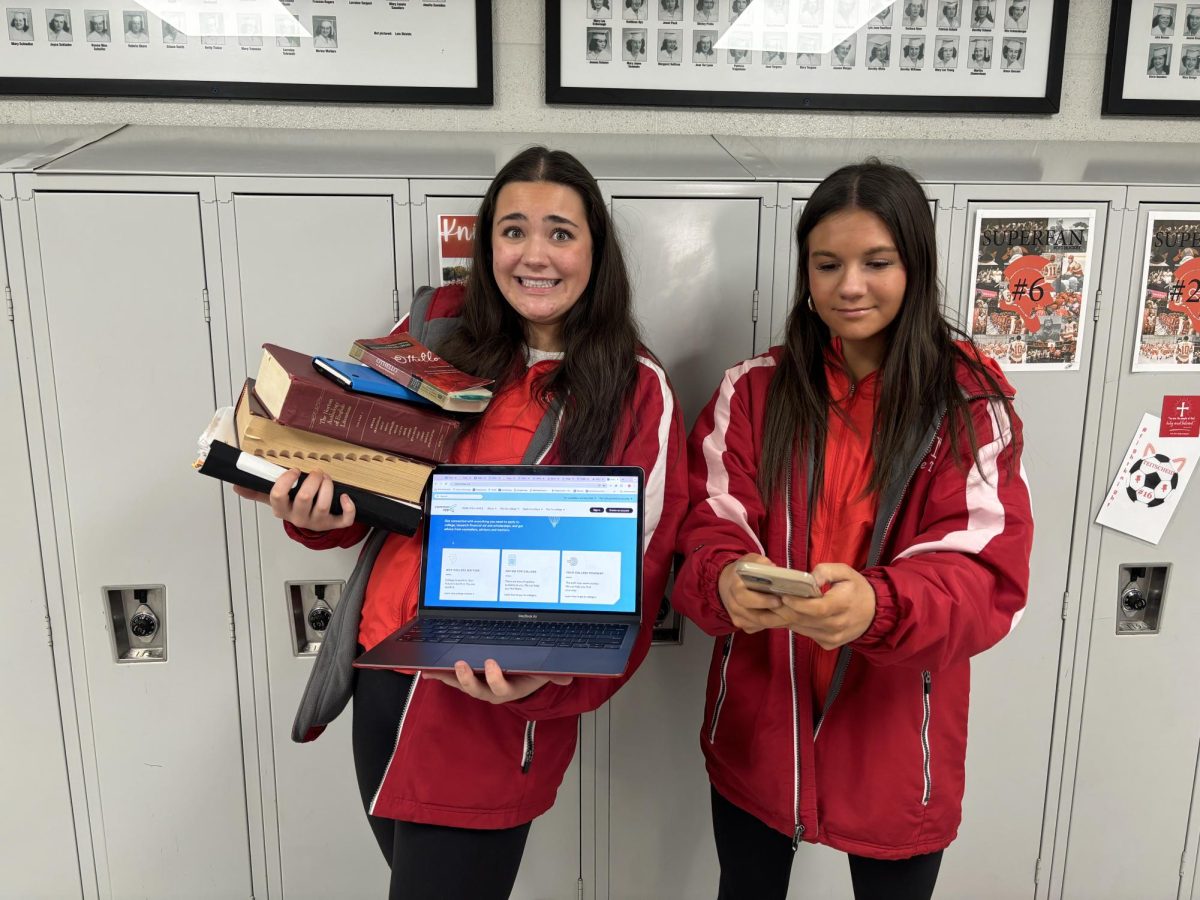Our country is at war abroad, and here at BSM many students, as well as alumni, have joined the fight for the war on terror as soldiers on aircraft carriers, submarines, and in the infantry.
ROTC
The Reserve Officer’s Training Corps (ROTC) is a program designed to prepare college students for the armed services while allowing them to earn an education. With only 62 colleges offering on campus ROTC programs in the U.S., the process of choosing the right school quickly narrows itself down for those looking to get an education as well as serve the country after graduation. ROTC hopefuls must also decide between the Army, Air Force, Navy, and Marine Corps branches of the ROTC program.
The application process for the ROTC program, similar to that of college, begins with the filling out of an application supplemented with an essay and recommendations. An interview, also required, helps each applicant describe what they will add to the ROTC program as well as why they want to join their selected branch.
Some students this year, like senior Anne Theissen, have applied to the ROTC program at several colleges. Influenced by her mom, uncle, and grandpa who were in the Army and airforce, she was certain that the ROTC would be part of her college experience.
Hoping to be an aeronautical engineer after graduation, Theissen will be living on an aircraft carrier. “I’ll be finding new ways to make planes fly more efficiently and perfecting the technology that goes along with that,” she said.
She’s excited to be in the Navy because she’ll move to a different country or position every three years. She also plans on staying in the Navy for her entire career and retiring early due to the competitive salary the Navy offers.
Fully supported by her parents, Theissen is extremely excited to make the Navy a part of her life. She’s not excited, however, to wear the uniform’s skirt.
BSM alum Pat Quealy
For 2007 BSM alum Pat Quealy, his ROTC choice was the Navy/Marine Corps branch at University of Colorado at Boulder. Influenced by other BSM alumni, Quealy chose the Navy/Marine Corps and more specifically the submarine warfare division because “the idea, engineering, secrecy, and power behind a submarine amaze me,” he said.
Quealy is required to take Leadership as well as ROTC related classes like Naval Weapons and Systems in order to stay in the program. He also must work out once a week with his battalion and participate in “Drill” on Thursdays. “Drill” requires all Navy/Marine Corps. students to wear their uniforms all day as well as march around the campus or learn about events related to ROTC, he said. In the summer, Quealy also must attend summer training since he is on an ROTC scholarship that pays for his tuition and all his college expenses.
His summer training allowed him to experience life as a Marine in San Diego using their weapons and getting yelled at by commanding officers. This summer he plans to go to Japan and take a submarine trip to Pearl Harbor to see what it’s like to be a part of the division he hopes to join.
After graduation, as part of the submarines, Quealy will serve a minimum of “four years, two of which are at nuclear engineering school,” he said. Other divisions, like aviation, have requirements that are different depending on which section of ROTC you choose, what you plan to do within that section, as well as which school you attend.
Quealy is nervous about serving after graduation but is glad that it will be “something I’ll be able to experience that not many do, and I can say I did my part,” he said. His faith in the ROTC program and in those he has met through it was clear. “Some people say they would die for their closest friends, but not many would. But these guys, [the Navy/Marines], they really would,” Quealy said.
At first Quealy “had no idea what to expect…I just went for it,” he said. Now he really enjoys the program, is glad that he joined, and has made many of his closest friends through ROTC.
Future Marine
Senior Craig Shaver has decided to take a more direct approach to serving the country by going straight into the U.S. Marine Corps out of high school as an infantry G1. “It’s what I’ve wanted to do ever since I was little,” he said.
Sometime between this coming summer and fall Shaver will attend 13 weeks of boot camp in San Diego, the longest of all armed services camps. There he will have no comforts of home without and visits from family or even calls home.
“When most kids go off to college, their parents still financially support them,” he said, “This way I’ll be 100 percent independent at 18.” He’s looking forward to this independence but is still a bit anxious and nervous since he has never been completely on his own.
His parents are very supportive of this big decision. “They’ve had some mixed reactions but they’re not against it,” Shaver said. Like most people Craig has told about his choice to join the Marines, his parents have asked “why?” a lot. His answer: “I’ve had everything handed to me so far and I haven’t earned anything on my own.” He feels this will validate him as a person, and he has large hopes to become a patriot and to fight for the good of the country and its people.
He said that he is “confident that this is the correct decision for [him],” despite the confusion of his friends and family. He knows that although he won’t be getting an education from school he will be taught about discipline and strength. Overall, he is excited to become one of “the few” and “the proud” as a United States Marine.
Choosing your future
Choosing what to do after high school is a big decision whether you choose to join ROTC, go into the armed services, or not. “If you’re thinking about [ROTC] go for it,” Quealy said, no matter what others say “ultimately it is your life and you have to live with your decisions.”









































